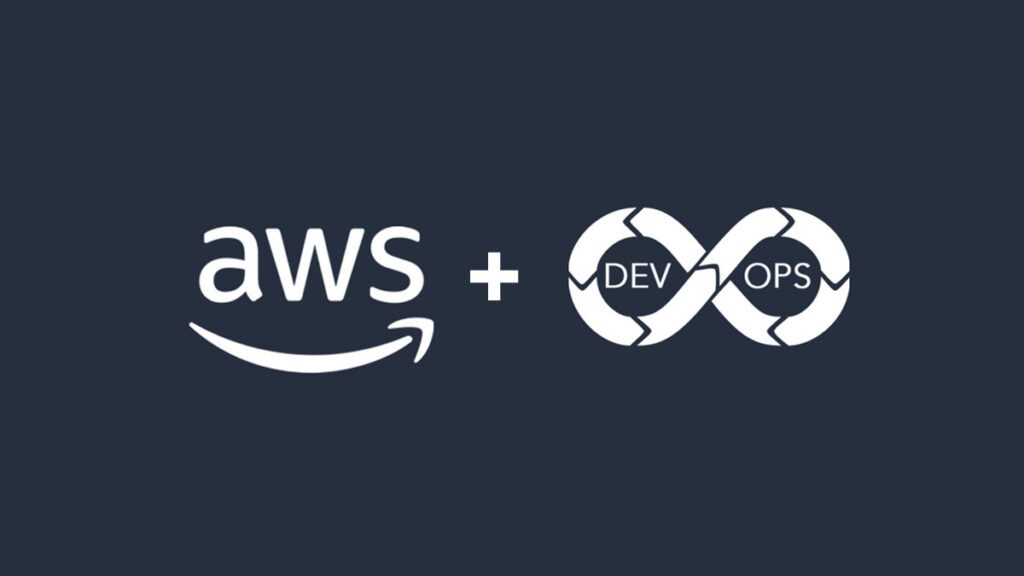In today’s fast-paced digital world, businesses are under constant pressure to innovate, deploy updates faster, and maintain reliability. Traditional software development and operations practices often fall short of these demands, paving the way for DevOps—a culture and set of practices that unite development and operations teams to deliver software quickly, efficiently, and reliably. When combined with Amazon Web Services (AWS), one of the world’s most widely used cloud platforms, DevOps becomes a powerful engine for transformation. This is where AWS DevOps training comes into play, equipping professionals with the knowledge and hands-on skills needed to thrive in the cloud era.
Why AWS and DevOps Make a Perfect Match
DevOps focuses on breaking down silos, automating repetitive tasks, and fostering collaboration. AWS, with its vast suite of cloud-based tools, provides the ideal platform to implement DevOps principles at scale. From AWS CodePipeline for continuous integration and delivery, to AWS CloudFormation for infrastructure as code, and Amazon EC2 for scalable compute resources, AWS has purpose-built services to support every stage of the DevOps lifecycle.
When organizations integrate DevOps practices with AWS tools, they gain the ability to:
-
Accelerate deployments while reducing downtime.
-
Automate infrastructure management for consistency and reliability.
-
Scale applications seamlessly based on demand.
-
Enhance monitoring and security with AWS-native services.
Given the demand for faster innovation and stable operations, professionals trained in AWS DevOps become highly sought-after assets.
What AWS DevOps Training Covers
AWS DevOps training goes beyond theory—it’s designed to provide hands-on experience with real-world scenarios. Here are the core areas typically covered in a comprehensive training program:
-
DevOps Fundamentals
-
Understanding the culture of DevOps, collaboration practices, and lifecycle stages.
-
Learning the principles of Continuous Integration (CI) and Continuous Deployment (CD).
-
-
AWS Core Services
-
Mastering compute services like EC2, container services like ECS and EKS, and serverless options such as AWS Lambda.
-
Exploring storage and database solutions, including S3 and DynamoDB.
-
-
Infrastructure as Code (IaC)
-
Automating infrastructure setup using AWS CloudFormation and Terraform.
-
Writing reusable templates to maintain consistency across environments.
-
-
Automation and CI/CD Pipelines
-
Building automated pipelines with AWS CodePipeline, CodeCommit, CodeBuild, and CodeDeploy.
-
Integrating with popular tools like Jenkins and GitHub Actions.
-
-
Monitoring and Security
-
Using Amazon CloudWatch and AWS X-Ray for monitoring performance and debugging.
-
Implementing security best practices with AWS Identity and Access Management (IAM).
-
-
Containers and Microservices
-
Deploying containerized applications on EKS (Kubernetes) or ECS (Elastic Container Service).
-
Leveraging AWS Fargate for serverless container management.
-
By the end of training, participants gain the confidence to design, deploy, and manage applications in a cloud-native DevOps environment.
Benefits of AWS DevOps Training
-
Career Advancement
Cloud and DevOps roles are among the fastest-growing in IT. Training in AWS DevOps prepares professionals for positions like DevOps Engineer, Cloud Architect, Automation Specialist, and Site Reliability Engineer (SRE). -
High Earning Potential
According to industry reports, AWS-certified DevOps engineers command some of the highest salaries in the tech industry, reflecting the value organizations place on these skills. -
Hands-On Experience
The training emphasizes practical labs and projects, enabling learners to apply knowledge directly to workplace scenarios. -
Global Recognition
AWS certifications are recognized worldwide, boosting credibility and opening opportunities across industries. -
Empowering Organizations
For companies, having AWS DevOps-trained professionals means faster innovation cycles, reduced errors, and increased customer satisfaction.
Who Should Enroll?
AWS DevOps training is suitable for a wide range of professionals, including:
-
Software Developers aiming to streamline deployments and learn automation.
-
System Administrators seeking to transition into cloud roles.
-
IT Managers looking to understand DevOps strategies for business transformation.
-
Aspiring Cloud Engineers who want to build a strong foundation in AWS and DevOps practices.
Whether you’re starting your cloud journey or looking to specialize further, AWS DevOps training provides the roadmap to success.
Final Thoughts
The fusion of AWS and DevOps is reshaping how businesses build and deliver software. As organizations increasingly migrate to the cloud, the demand for professionals who can navigate both AWS and DevOps practices is skyrocketing. By enrolling in AWS DevOps training, you’re not just learning tools—you’re mastering a mindset of collaboration, automation, and innovation.

